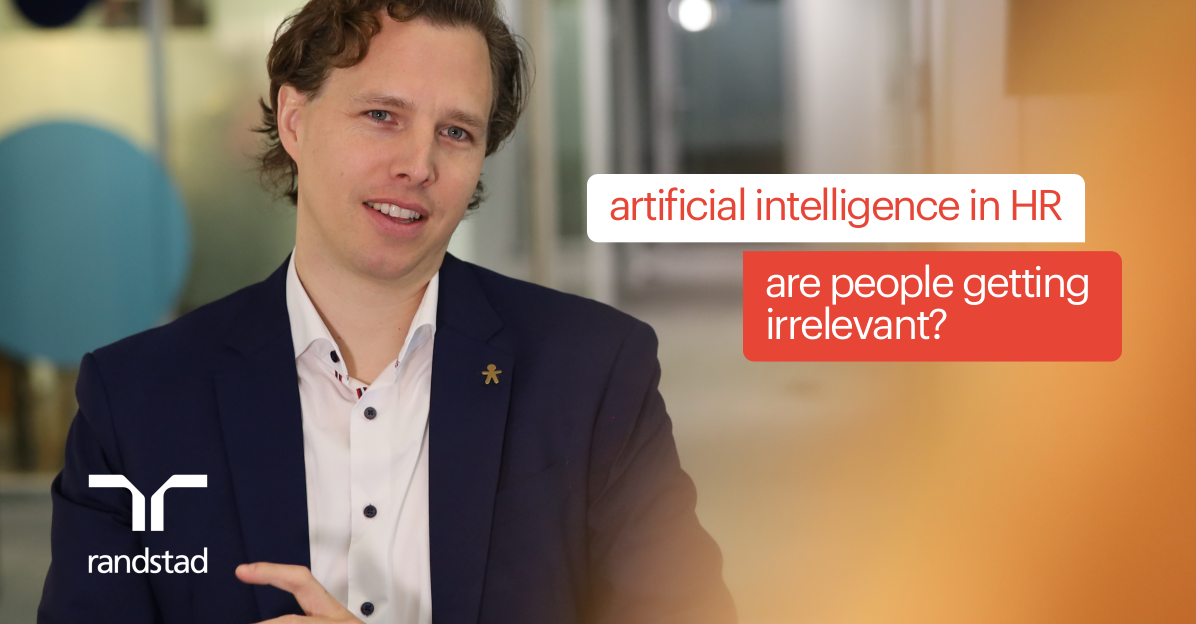dear reader,
Bernhard blogged - who would’ve figured that! After taking a back seat behind two extremely capable and experienced ghost writers last time, I’m now embarking on an adventure of my own.
Of course, one of the most defining topics in the first four months of 2023 has been the development of artificial intelligence. All the talk was about systems like Chat GPT or Bart and of course I couldn’t resist the temptation to have my say and ventured into this terrain. According to the Eightfold AI Report, 92% of HR directors plan to increase the use of artificial intelligence in the coming months. Of course, the focus will initially be on simpler topics, such as data management or onboarding. Down the road, the expectation is that AI will then be utilized to work on more complex topics. This might be, for example, answering specific HR questions or communicating wage components.
However, one particular question is and remains the elephant in the room:
Might artificial intelligence replace job interviews, either partially or even completely, in the future? Can the recruitment process be structured to be fully automated?
I have had several exciting conversations this year. For it happens to be the case that different companies already rely on artificial intelligence in their recruitment process. AI is the first quality control gateway in coping with the flood of applications. This first stage must be completed initially, without a human being reviewing the resume. Only when the AI gives the approval, can you then continue in the process.
This, of course, raises questions. Does this really improve the selection of candidates and what influence does this have on the “Candidate Experience”? We won’t know the answers until a few years from now. However, I’d like to make a comparison. Because this discussion reminded me of another, similar topic - the application process at international universities. It is often the case that internationally recognized and standardized tests have to be completed first, and only if you reach a certain level will your application considered. In my time, this has led to a very high number of Asian students. When I got to know my fellow students better, I slowly realized what the reason for this might be. In some of these countries (including the United States, by the way), standardized tests are an important part of the school system. There are even preparatory courses for the important tests, and so they have learned the best approach to passing these tests as well as possible. A few years later, a good friend cited the reason: “You tell me how the test works and I’ll pass it - that’s what I was trained for.”
Well, what does this have to do with AI in the automatic application process and what distinguishes the AI algorithm from standardized tests?
In both cases, it seems to me that a process has to be followed, which one has to pass through better when compared to a comparison group. On the one hand, there are standardized test questions and on the other hand, you are evaluated by a predefined algorithm. I can well imagine that an algorithm will replace standardized tests in the future (and I would love to learn more about it…). If standardized tests have now attained such a high standing at universities as to require one to take special courses to pass them to the best of one’s ability, it also seems possible to me that this will also be the case for AI-based application systems in the future. Does the preselection by AI still achieve the desired effect?
Especially in our environment, where talent is scarce, I’m sure that we should be more concerned with looking beyond the CV and at the persons as individuals, rather than using an algorithm to retrieve technical facts. After all, the risk of true talent falling through the cracks is significant. Reverting again to my personal experience, in my environment, the most nominally successful in professional life are not those with the best grades in school or the best standardized test scores. Interestingly, it is the mavericks who often have very high social skills and have had to “kick around” a bit in life. Would they have made it through the algorithm? I doubt it.
In this respect, I’m convinced that many companies will miss out on talent as a result of the rigorous use of AI. The big question, however, remains: how long until the AI closes this gap…?
